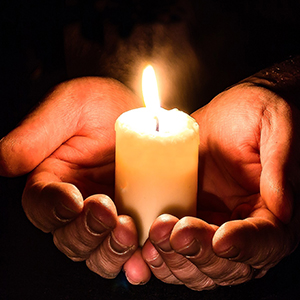
First of all, there are many ways to obtain indulgence. Only a very selective group of indulgences are limited to particular days. Many of them can be applied every day. Here are some examples:
- pray the Rosary with a group in a church or a public oratory
- read and meditate on the Bible devoutly for half an hour
- keep a holy hour before the Blessed Sacrament
- visit a Church or a shrine on the feast day of its namesake; e.g., visit St. Joseph’s Church on St. Joseph’s feast days.
Indulgence is a gift of God’s remission on the temporal punishment even after our sins have been forgiven. This is because our sins have two effects: they damage our relationships with God, self, others and nature, but also deprive the world God’s blessings that would have come through us. Confession heals the relationship, but we must continue to repair the harm our sins caused.
Indulgence is the Church applying the merits stored up from Jesus’ Passion and the merits of all the saints, to pay up the reparation still unfinished by a soul. This responsibility has been entrusted to the Pope. He alone therefore has the jurisdiction to regulate it.
One may apply indulgence once a day for either oneself or a soul in purgatory, by performing the eligible prescribed act, and satisfying the following requirements:
- be in the state of grace,
- offer prayers for the intentions of the Pope,
- attend Mass and receive Communion if possible,
- go to Confession within 20 days before or 20 days after; this has been extended from the previous 8 days since the Extraordinary Jubilee Year of Mercy in 2016,
- be completely detached from all venial sins.
From this we can see, the heart of the practice of indulgence is not primarily about getting favours from God, but training us to desire holiness.
See the Handbook of Indulgences http://holyjoe.org/indulgences/


